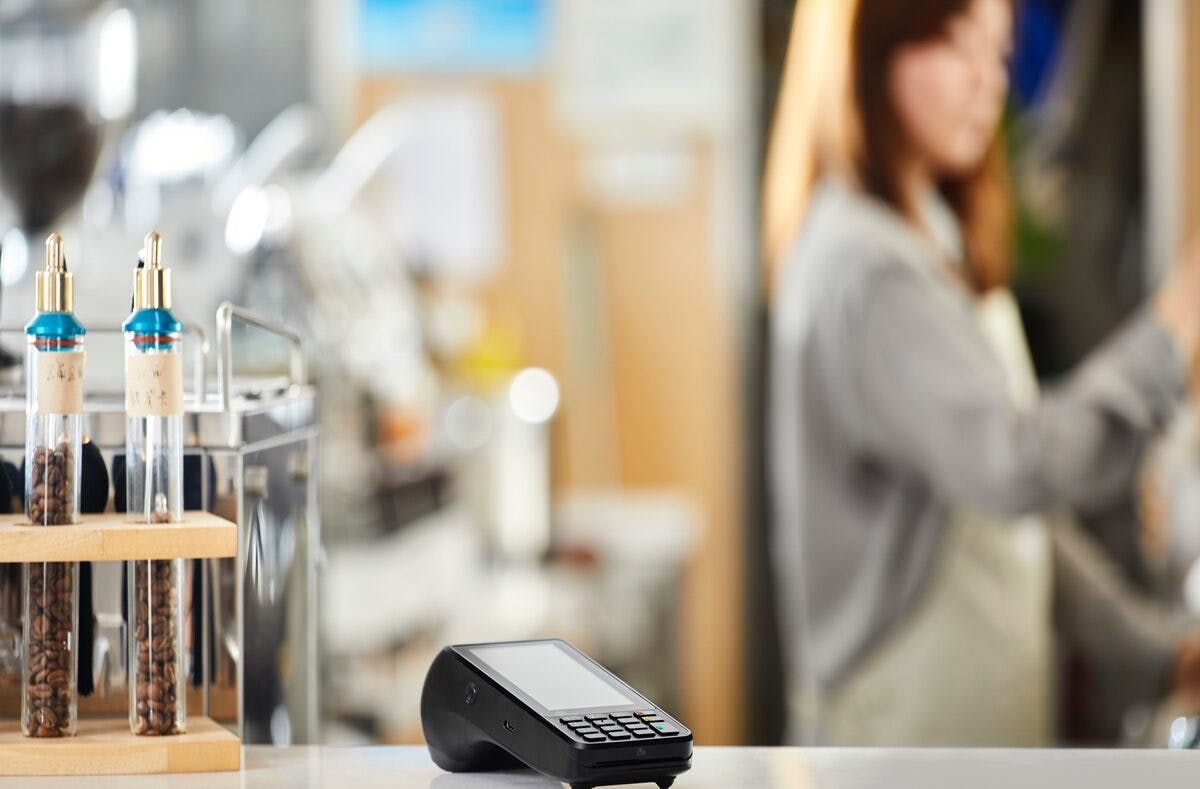Small businesses in Australia pay higher merchant fees than larger businesses who can often negotiate a better deal.
In December 2021, the Council of Small Business Organisations Australia (COSBOA) hosted an online payments summit to discuss how Australia’s payments system can be made fairer for small businesses.
Only 18 per cent of Australian transactions can be routed, according to the COSBOA, compared to 82 per cent in France and 61 per cent in Germany.
But, Australia compares favourably in terms of interchange fees. The Reserve Bank of Australia has capped exchange fees, saving Australian merchants over $1.4 billion per year.
The cap will be reduced from 15c to 10c in 2022 making Australia’s average cost for accepting transactions lower than the United States for all payment types.
What is least-cost routing?
Debit card payments are processed by one of several networks. Domestic networks, known as EFTPOS in Australia, typically charge lower merchant fees to small businesses than Visa and Mastercard.
When a consumer taps their debit card, waves their smartphone or enters their credit card information online, they do not have a choice. The default setting is usually the more expensive Visa or Mastercard network, and these additional fees can add up for small businesses.
When the lowest cost network – usually EFTPOS – is used as the default for these types of payments, this is referred to as least cost routing.
SMEs can save up to 40 per cent on merchant fees with the LCR
According to a study conducted by global payments consultancy CMSPI, Australian retailers paid $67 million in avoidable merchant fees for accepting debit card payments in August 2021.
The study also discovered that only 18percent of all transactions in Australia are routable, a stark contrast to the banking industry’s claim that LCR is now available to 90 per cent of Australian businesses.
The term “routable” refers to current transactions that can be routed, as opposed to current transactions that do not have this option.
Mangala Martinus, Managing Director of Payments Consulting Network & Merchant Pricing Hub, explained the “under the hood” structure of merchant fees, including the difference between blended rates, interchange+, and interchange++.
“Small businesses frequently require help because it’s confusing,” he said.
He revealed that small businesses could save an average of 5-10 per cent by switching to merchant choice with the same bank, 20-30 per cent by comparing offerings from multiple providers, and 20-40 per cent by seeking expert advice.
“It is unfair that most retailers pay more than they should because most businesses are set up to automatically process multi-network contactless debit card payments across the Visa and Mastercard networks,” he said.
“In many cases, these are more expensive than the cheaper Australian EFTPOS network.
“Least cost routing should be made the default option for all debit payments, whether in-store, online or via mobile. Without a doubt, more must be done to assist small businesses in lowering the cost of accepting payments.”
Challenges in using mobile payment systems
When there are leaps in technology, regulation can be a few steps behind, causing small businesses to get the short end of the stick.
Dhun Karai from Grant Thornton urged SMEs to come together with a unified voice to advocate for least cost routing to be made available for mobile wallets, a fast-growing payment type.
“Mobile wallets have grown from 2-4% of transactions to as high as 30% in some industries, said CMSPI’s Robbie MacDiarmid.
“While some countries have mandated dual tokens on mobile wallets, there is no competition in Australia, making business pay the highest fee.”
Ms Karai outlined three steps to be taken:
- The RBA should enforce software providers to allow both tokens
- Banks must offer both tokens in their in-app mobile wallets
- Banks and acquirers must sort out the back book that they have with Apple, Samsung and Google
- Government should mandate that the default be the one with the lowest cost to the merchant
Previously, the Commonwealth Bank of Australia (CBA) announced that EFTPOS transactions with international schemes such as Mastercard and Visa would be automated using the LCR method.
Earlier in September 2021, Treasurer Josh Frydenberg pressed the Reserve Bank of Australia to reduce costs for small businesses by requiring commercial banks to provide cheaper debit card solutions to consumers making tap-and-go payments in stores.
Frydenberg wrote to the Payments System Board, urging major and medium-sized financial institutions to issue dual-network debit cards.
Keep up to date with our stories on LinkedIn, Twitter, Facebook and Instagram.

